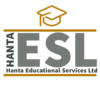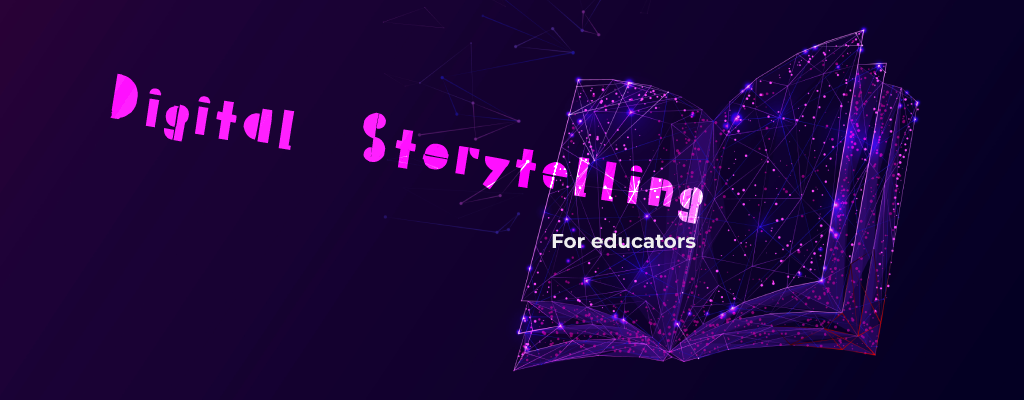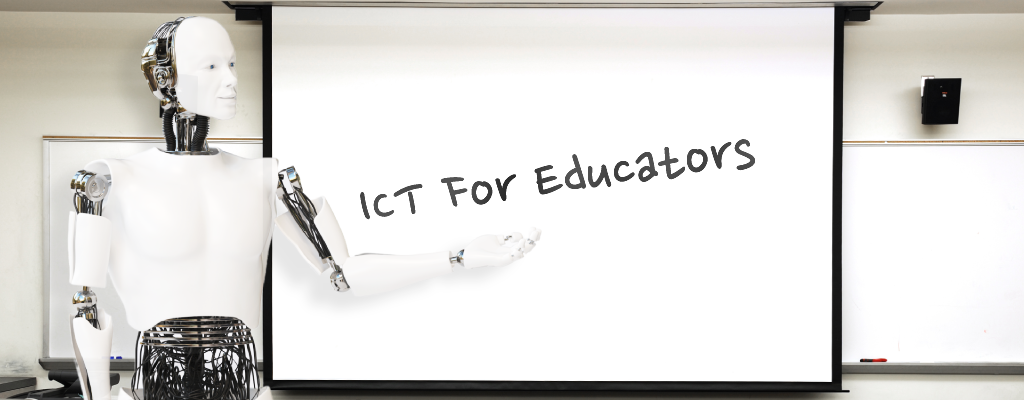AI Basics For Educators
Course Description Discover the captivating world of Artificial Intelligence (AI) in our AI Basics For Educators course, where we unravel the wonders of AI technology. AI is not just a buzzword; it’s a dynamic field brimming with exciting developments. Much like nurturing young minds, AI nurtures neural networks inspired by the human brain to accomplish extraordinary tasks, from recognising images to processing natural language. As educators, you will embark on a journey to understand the core concepts of AI and how it can amplify productivity and critical thinking skills in the classrooms. We delve into the ethical dimensions of AI, pondering the balance between risks and rewards, how AI is shaping our society, influencing research, sparking creativity and reshaping economies. We also delve into the fascinating realms of machine learning, neural networks, and natural language processing, offering you the inspiration to cultivate your students’ curiosity. AI is not just the technology of tomorrow; it’s a pathway to innovation and exploration in your classroom. Course Content Unveiling the Foundations of Artificial Intelligence Mastering the Basics – What to Expect The World of Artificial Intelligence Harnessing Machine Learning and Natural Language Processing Applications of AI: Unleashing Creativity AI and Education: Bridging the Future Learning Outcomes At the end of the course delegates will be able to: Grasp the essence of ‘artificial intelligence’ (AI) and its evolutionary journey Explore the diverse landscape of AI systems Comprehend ‘machine learning’ and identify its three key categories Witness AI’s dynamic applications across various fields Differentiate between the wide array of AI systems Engage in stimulating discussions about the future of AI, considering its potential advances, ethical dilemmas, and the global impact on education. Assessment and Certificates Assessment of performance will be through delegate-completed portfolio of work. The final course certification for successful completion is a college-issued “Course Certificate of Completion”, for each module studied. In addition, where applicable, delegates will receive relevant EuroPass certificates.
AI Basics For Educators Read More »










